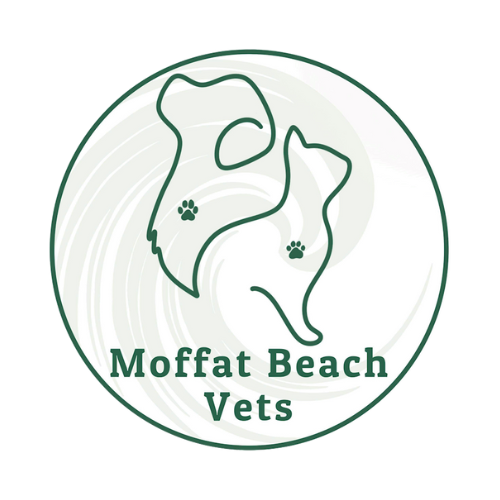Orthopaedic Vet Care for Dogs & Cats
To give your dog or cat the best quality of life possible, we perform orthopaedic surgical procedures related to bones, joints, tendons, or ligaments.

Trustindex verifies that the original source of the review is Google. Always greeted with a warm welcome, vets and nurses are all so kind and caringTrustindex verifies that the original source of the review is Google. One of the best and caring vets I've been to.Trustindex verifies that the original source of the review is Google. They helped bring a little comfort and kindness during an otherwise heartbreaking time.Trustindex verifies that the original source of the review is Google. These ladies (and Tim!) are the best in the business in my opinion. They were so patient and loving with my boy Marvin, they were helpful and answered any and all questions I had. He was spoilt rotten with cuddles and treats and I can bet he is excited for his next visit already. Thank you to the Moffat Beach Vets team!!Trustindex verifies that the original source of the review is Google. My first visit to your Veterinary Practice where I registered my little dog Georgie Girl. It was a wonderful experience. Dr Belinda who examined Georgie was amazing and suggested a number of things that may help towards Georgie 's wellbeing. I would have no hesitation in recommending Dr Belinda at Moffat Beach Vets to my friends. She was so easy to talk to and Georgie was so relaxed when she was examined, which is normally unusual for her. The Vet Nurse Taylor was also very friendly and helpful. I would definitely let all my friends know about Moffat Beach Vets.Trustindex verifies that the original source of the review is Google. Brilliant and super friendly and helpfulTrustindex verifies that the original source of the review is Google. All staff are welcoming and knowledgeable!! They make it so easier for me to book my pet in around work schedules which I appreciate!! Staff are always happy to see you and conversations are so easy!Trustindex verifies that the original source of the review is Google. My fur baby Bella who is a rescue hates anyone thats breathing an warm red blood running through their veins. I'm not joking. Thanks to the wonderful staff they can not only wash her but clip her nails. I have 3 fur babies an I never have to drag them in there. Powderpuff actually runs in there to greet them. The first 2 months of taking Bella to get groomed they call me to say they can't get her to come out of the cage. I kept taking her there an they finally won her over.Verified by TrustindexTrustindex verified badge is the Universal Symbol of Trust. Only the greatest companies can get the verified badge who has a review score above 4.5, based on customer reviews over the past 12 months. Read more
Orthopaedic Surgery for Your Pet
Your pet is in good hands with our skilled veterinarians and fully equipped surgical suite. We’ll provide a custom treatment plan or specialist referral based on our findings.
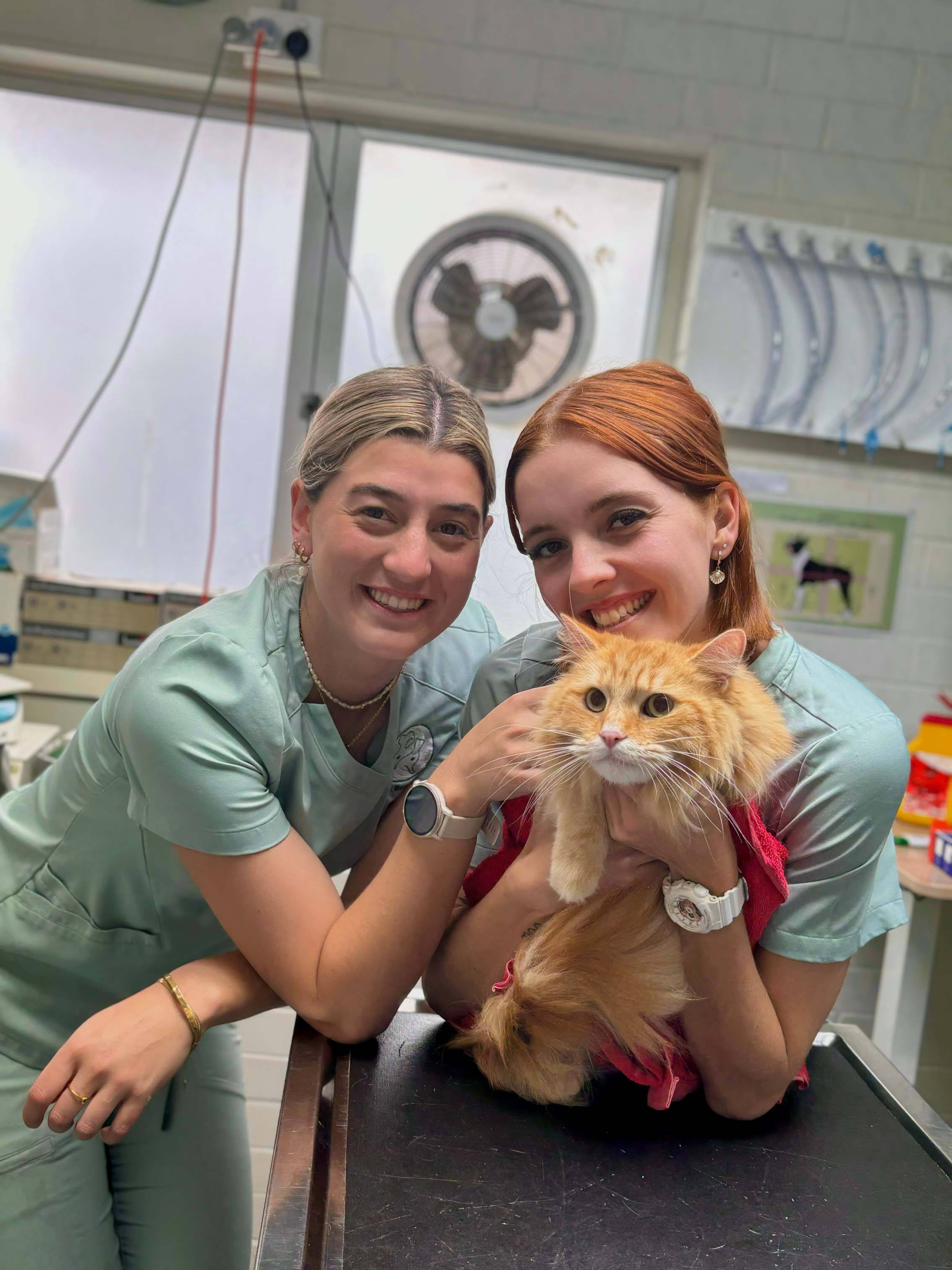
Common Orthopaedic Surgical Procedures

Tendon or Ligament Repair

Fracture (Broken Bone) Repair

Amputations for Bone Cancer
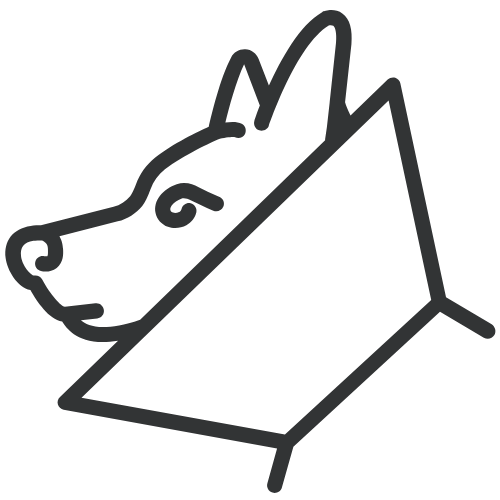
Amputations for Severe Injuries
Did you know?
What to Expect When Your Pet Needs Orthopaedic Surgery
1. Before Surgery
We offer a health consultation for your dog or cat in the days or weeks leading up to surgery. During this consultation, we complete diagnostics like x-rays (if needed) and blood work.
On the day of surgery, your pet will be given anaesthesia.
2. During Surgery
After anaesthesia is given, we perform the procedure.
The exact duration of your dog or cat’s surgery will depend on the procedure. Surgery may last anywhere from 1-6 hours.
3. After Surgery
After surgery, we’ll go over any recommendations for physical therapy, rehabilitation or medications your pet may need.
We also provide two revisits to monitor their healing process. If required, we also offer post-op x-rays.
Benefits of Orthopaedic Surgery
We work with you and your pet to ensure surgical intervention is the best treatment based on their age, lifestyle, and existing medical conditions.
If surgical intervention is right for your pet, they may benefit from:
- Pain Reduction
- Increased Mobility
- Improved quality of life
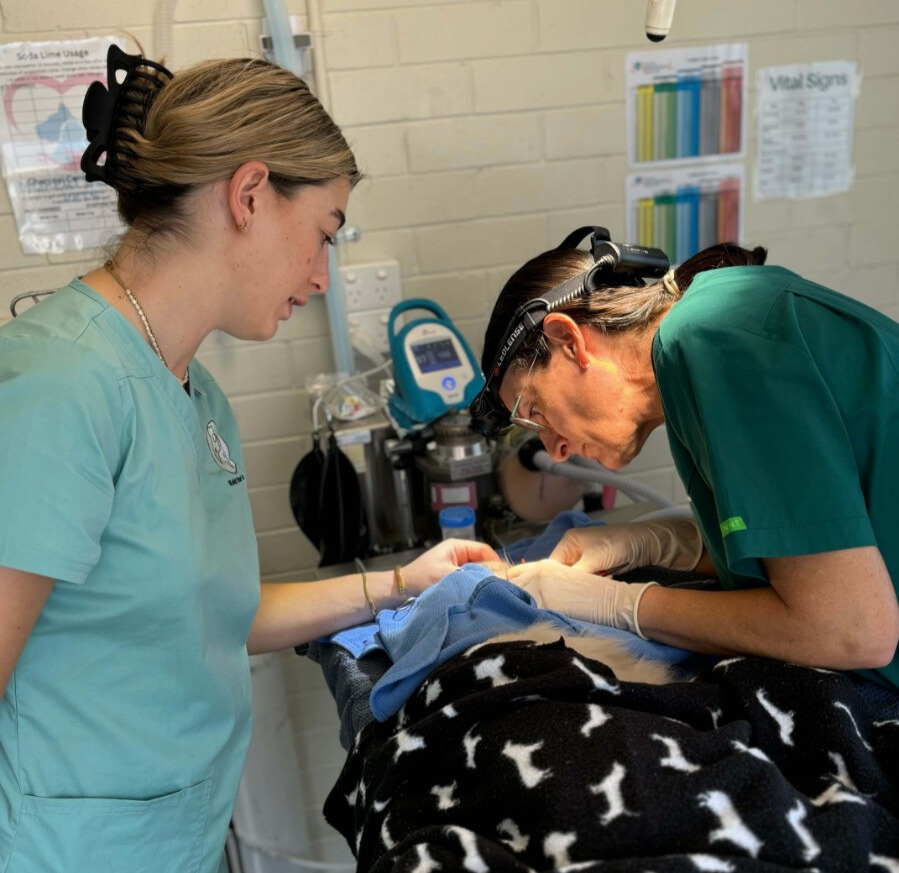
Calm Visits With Our Fear Free Approach
At our vet clinic, your cat or dog will receive sound advice and professional care from our vet specialists.
We help you understand the health care and treatment options available for your feline or canine. This includes calming care options that can be implemented before or after your visit.
Our vets will equip you to make the best health care decisions for your pet.
What to Expect from Our Clinic

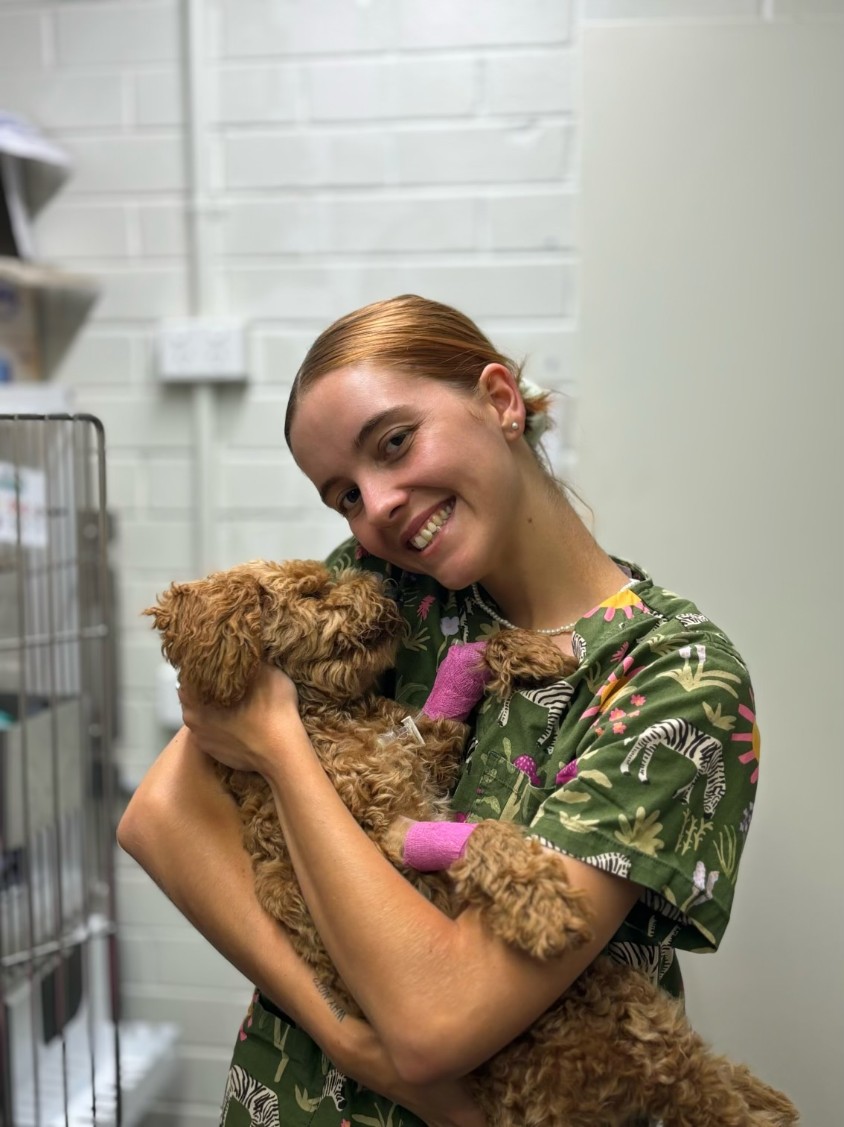
Prompt Service
We work with you and your schedule to get your pet the care they need, when they need it.
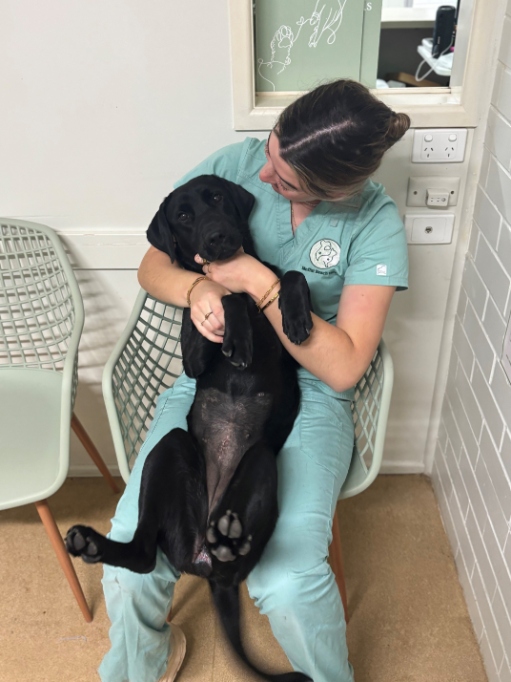
Fear Free Approach
To ensure your pet has an anxiety free visit to our clinic, we offer a range of methods and practices to help keep them feeling calm and safe.
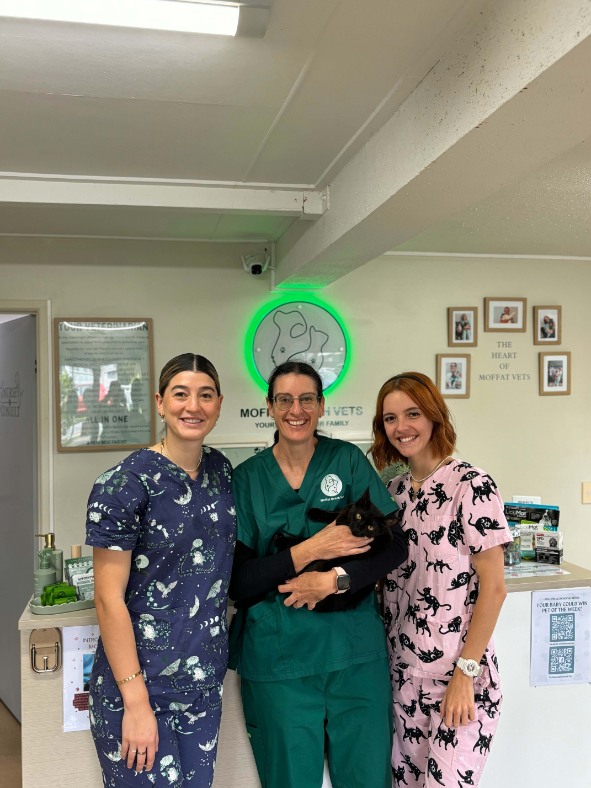
Caring Staff
If your pet has a bad night but you still need to work in the morning, drop them off with us. Our vets will assess and care for them between regularly scheduled appointments.
Caring for Your Pet After Bone or Joint Surgery
After your pet returns home, rest will be essential to their recovery process.
Just like humans, if activity is resumed too quickly post-surgery, they risk tearing open stitches or delaying healing.
Make their recovery process as seamless as possible by administering timely doses of medication, changing their dressings, and postponing normal activity until you receive veterinary approval.
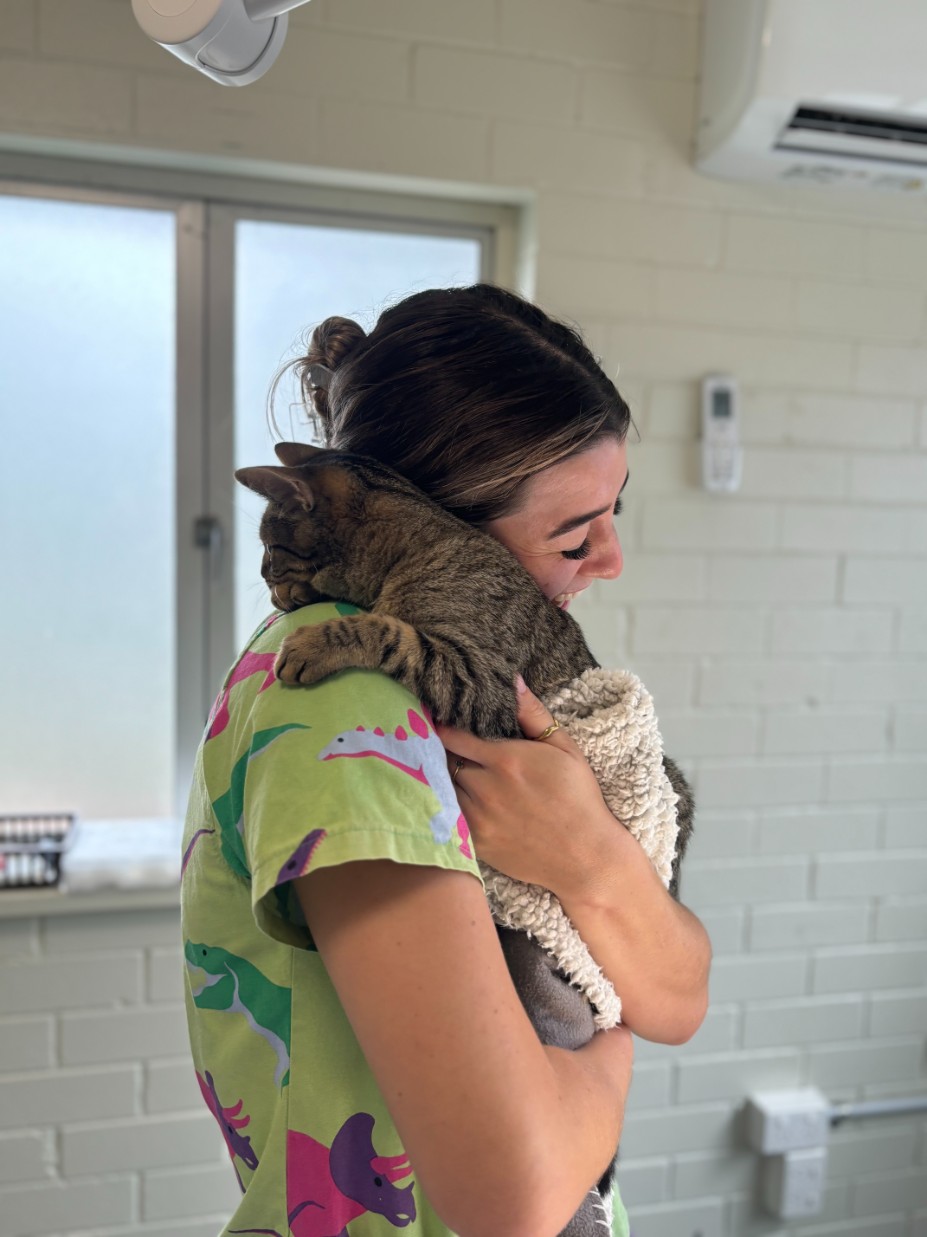
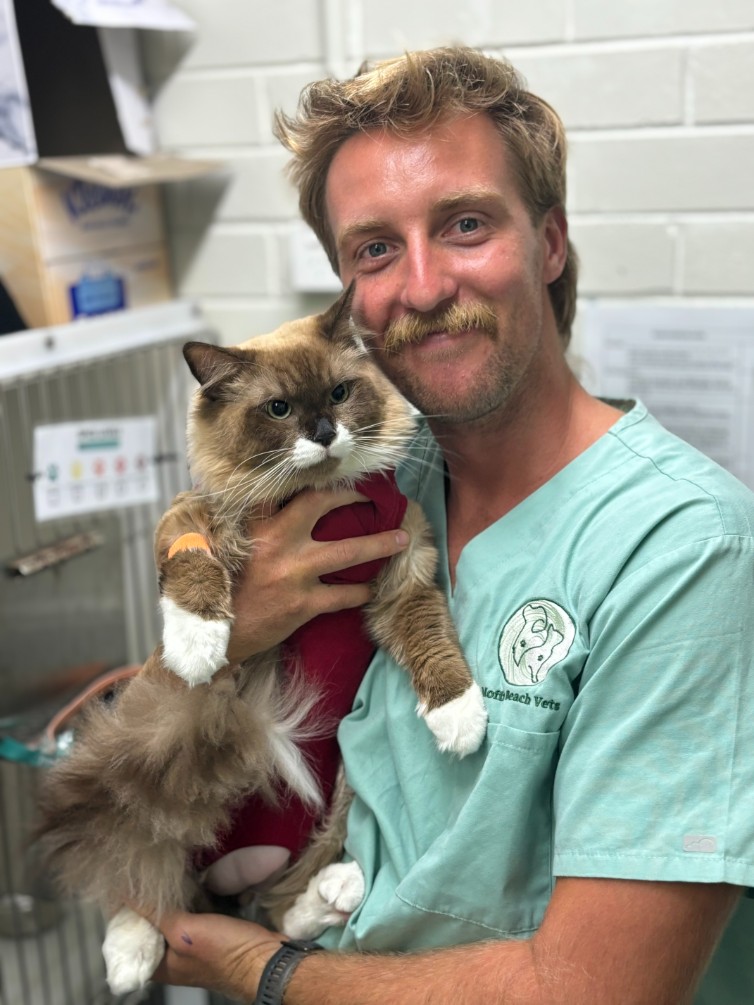
Orthopaedic Surgeries We Specialise In
Whether it’s a broken bone or soft tissue surgery, we help your dog or cat recover from the unexpected.
Total Hip Replacement
Cranial Cruciate Ligament (CCL) Repair
Dislocated Hip (Hip Luxation)
Whether the dislocation occurred in a dog fight or a car accident, we can restore your canine’s mobility through surgical intervention.
Common Questions About Orthopaedic Surgery
Everything you need to know about getting your dog or cat back on their paws. Can’t find an answer? Contact our team.
